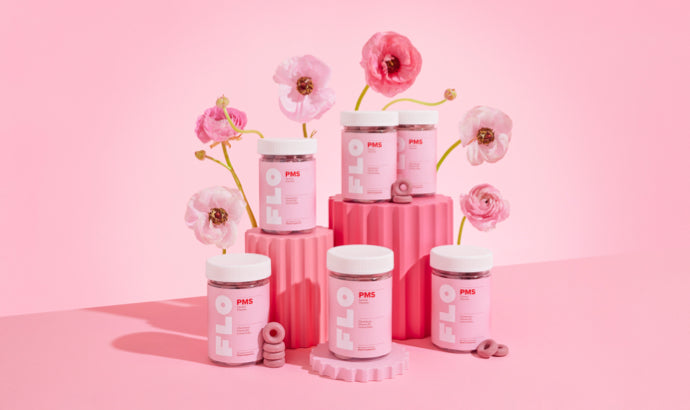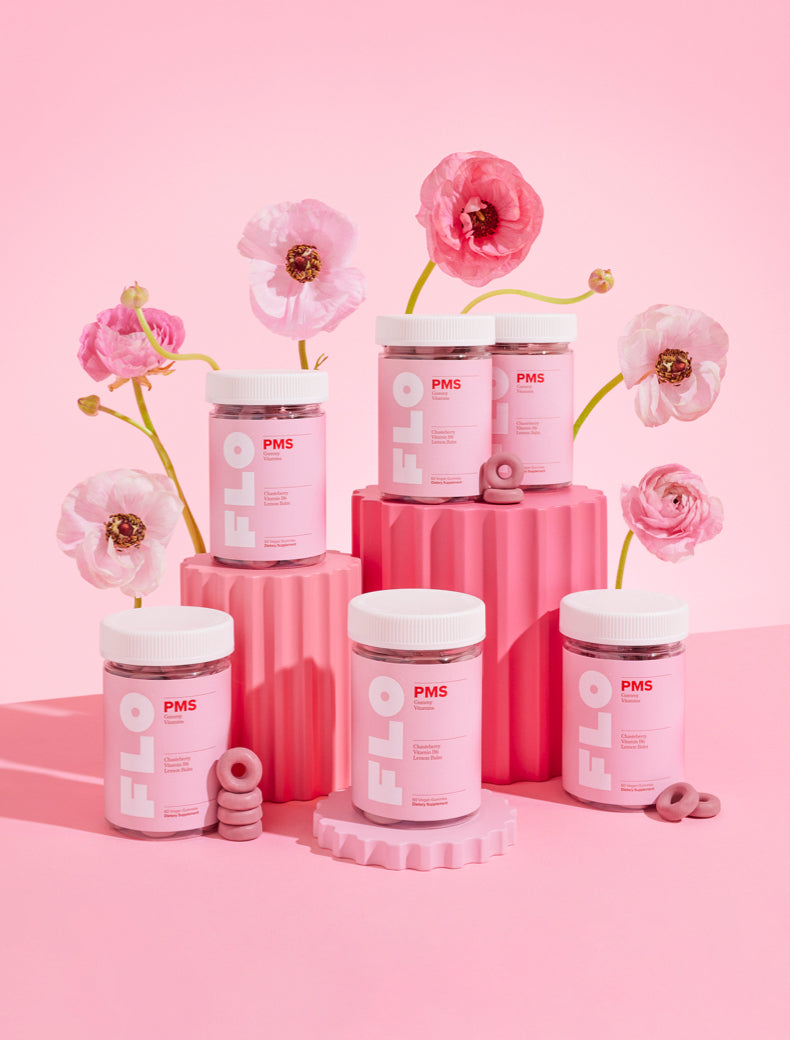We’ve all been there. Whether it’s itchiness, the occasional yeast infection, or a pesky, persistent odor, we’ve all experienced just how sensitive the vagina’s microbiome can be.
Maintaining vaginal health is unique to each individual, but the answer can often be found in prevention—keep your vagina happy, and discomfort can be avoided entirely.
The vagina is a robust and delicate part of the body and while it’s a magical, self-cleaning organ, sometimes, it needs a little help. If you’ve been wondering how to prevent inflammation, how to get rid of odor at home, how to get rid of itching down there, or how to maintain your vagina’s balance, you’ve found the right place.
Maintaining this beautiful balance is a topic that has long been shadowed by myths and misinformation. To clear the air and help keep you on top of your vaginal wellness game, we’ve gathered a list of all the key do’s and don’ts of vaginal wellbeing. Let’s dive in.
5 Best Practices for Vaginal Health:
Clean Your Vulva Regularly
By hand, regularly clean the vulva— the vagina’s outer genital area—with water and mild, scentless soap to help gently wash away bacteria without disrupting the vagina’s natural pH balance. Once you’re done, pat the area dry to prevent build up of moisture.
Another important, often overlooked way to keep the genitals clean and dry is to always wipe from front to back after using the toilet so that you avoid introducing new bacteria into the vaginal area.
Use Protection During Sex
Stay one step ahead of irritating yeast infections and STIs by practicing safe sex. Using condoms or getting both you and your partners frequently tested before having intercourse can drastically reduce your chances of throwing your vaginal health off kilter.
Communicate with your partner(s) and decide what is best for both of you, so sex can be fulfilling and safe.
Stay Hydrated and Eat Well
Drink those 8 ounces of water every day! Staying sufficiently hydrated locks the right amount of moisture into the vagina, which helps prevent dryness and helps eliminate other potentially harmful toxins in the body that can impact vaginal health.
Additionally, you are what you eat! Regardless of which diet works best for you, studies have shown that in general, consuming whole, organic foods optimizes your gut health, and in turn, your vaginal microbiome.
Wear Breathable Underwear
Prevent moisture buildup by opting to wear cotton or other breathable underwear. When the vagina is trapped in synthetic, tight-fitting underwear, it can’t properly breathe, which encourages the buildup of sweat and heat—an environment that’s perfect for the growth of bacteria and fungus.
Take Vaginal Probiotics
Lactobacillus, a bacterial strain found in healthy vaginal microbiomes, is a key player in balancing the vagina’s pH and promoting a robust and healthy vaginal flora.
Taking vaginal probiotics like URO—one of the best vitamins for vaginal health—is one of the simplest and most effective ways (even more so than pH balance pills) to prevent inflammation, strengthen the vagina’s defenses against infection and bacterial growth, and maintain the delicate balance of the vaginal system.
Probiotics, especially when formulated with a prebiotic, work wonders in strengthening the vagina’s natural biome.
5 Worst Practices for Vaginal Health
Do NOT Douche. Like, Ever.
We've said it before and we will keep saying it... it is time to debunk this myth! Douching has been passed down as the age-old solution to persistent vaginal issues. Do not be deceived—douching is one of the worst things you can do to your vagina’s microbiome.
Scrubbing with harsh, scented soaps down there, will throw off pH levels, wash away the vital bacteria your vagina needs to maintain its balance and fight infection, and it will probably make you smell worse.
Douching increases your risk of inflammation, yeast infections, and contracting STIs like BV (bacterial vaginosis), so let your vagina do its natural thing and give it a chance to clean itself!
Avoid Vaginal Wash Products
While feminine washes are designed to be used on the external area of your genitals, they’re still capable of disrupting your delicate microbiome.
Despite their popularity and convincing claims, current vaginal washes, like Vagisil, are made with harsh chemicals and artificial fragrances, which greatly enhance your risk of throwing off your vagina’s delicate equilibrium and inviting infection.
Avoid these products and stick to mild, pH balanced, unscented soaps to gently clean the vulva and external areas, or trust your vagina’s innate ability to self-clean.
Avoid Synthetic Tampons and Odor-Reducing Pads
We get it. This one seems almost impossible to avoid. However, these common menstruation products can potentially impact your vaginal health.
When used for a prolonged period of time, tampons can cause a lot of harm. They can instigate bacterial growth, causing issues like bacterial vaginosis or potentially lethal toxic shock syndrome. If you do use them, please remember to change them regularly, and try to use a brand that sources all-natural ingredients.
Similar to vaginal washes, odor-reducing pads are designed with artificial fragrances that can disturb and irritate your vagina. Instead, use unscented, hypoallergenic pads that are made for your wellbeing.
Stop Wearing Tight, Unbreathable Clothing
We’ve said it once and we’ll say it again—chuck the uncomfortable clothes! Synthetic, tight-fitting fabrics like polyester or nylon, can trap heat and moisture in the vaginal area and create a thriving environment for bacteria and yeast.
Choose comfort and breathability and opt for fabrics like cotton to encourage air circulation and keep the area feeling fresh throughout the day.
Do NOT wait to address vaginal symptoms
Remember, the key to vaginal wellbeing is prevention. Stay ahead of these issues by maintaining your overall health and not waiting until there’s an unignorable symptom to resolve. And always consult your primary care doctor or gynecologist if an issue arises.







